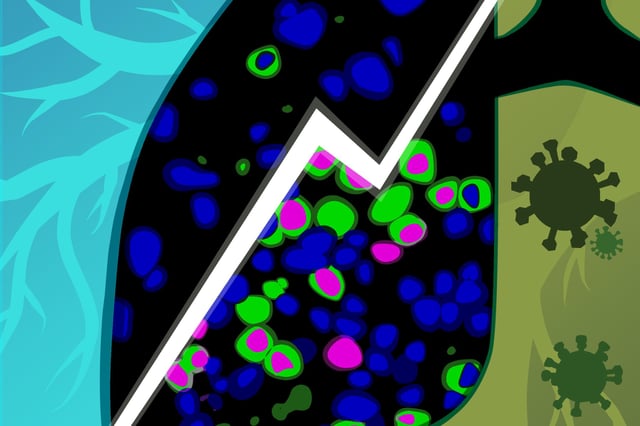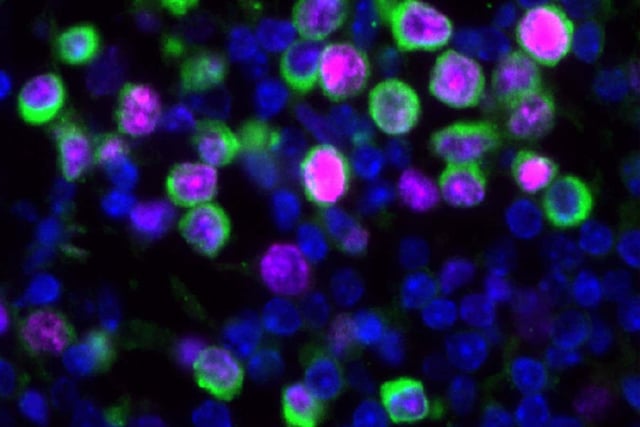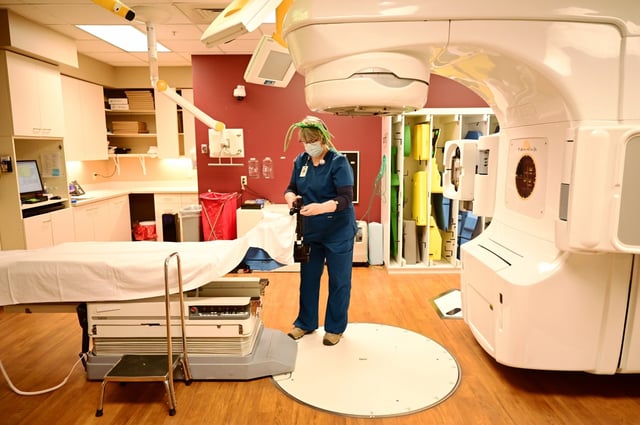Overview
- In mouse models, influenza and SARS-CoV-2 infections triggered IL-6–dependent awakening of dormant breast cancer cells in the lungs, leading to rapid proliferation and metastatic lesion formation.
- Mice engineered to lack IL-6 showed a marked reduction in cancer cell reactivation after viral infection, confirming the cytokine’s central role in disrupting dormancy.
- Reactivated cancer cells enlisted helper T cells to evade cytotoxic immune responses before returning to dormancy with a 100-fold increase in residual cell numbers.
- Analysis of UK Biobank data linked COVID-19 infection to a nearly twofold rise in cancer-related death among survivors, especially in the months immediately following infection.
- Breast cancer survivors in the Flatiron Health cohort faced a 1.44-fold higher risk of developing lung metastases after COVID-19, prompting calls for vaccination guidance and IL-6–targeted therapies.



